In New Zealand, public schools are renowned for their commitment to delivering quality education. While the nation's education system is robust, understanding how to leverage it effectively is crucial for families aiming to maximize their children's learning experiences. This article provides ten actionable tips to navigate New Zealand’s public school system efficiently, ensuring your child receives the best education possible.
Understanding the New Zealand Education Landscape
New Zealand's education system is divided into three levels: primary, secondary, and tertiary education. Public schools, funded by the government, are free for citizens and permanent residents, offering a comprehensive curriculum designed to cater to diverse learning needs.
The Importance of NCEA
The National Certificate of Educational Achievement (NCEA) is the primary qualification for secondary school students in New Zealand. Understanding how NCEA works is crucial for parents and students alike, as it influences university admissions and future career opportunities. According to the New Zealand Qualifications Authority, over 90% of secondary schools offer NCEA, making it a pivotal aspect of the educational landscape.
Tips for Getting the Best Education in New Zealand’s Public Schools
1. Research School Performance
Before enrolling your child, research the school’s performance. Utilize resources like the Education Review Office (ERO) reports, which provide comprehensive evaluations of schools across New Zealand. ERO reports offer insights into a school's strengths and areas for improvement, helping parents make informed decisions.
2. Engage with Teachers and Administrators
Building strong relationships with teachers and school administrators can significantly enhance your child's educational experience. Regular communication ensures that you are aware of your child's progress and any potential challenges they may face. Schools often have open days or parent-teacher meetings, which are excellent opportunities for engagement.
3. Encourage Extracurricular Participation
Extracurricular activities, from sports to arts, play a vital role in a child’s development. New Zealand schools offer a wide range of activities that help students develop social skills, leadership qualities, and personal interests. Encouraging your child to participate can lead to a more well-rounded education.
4. Leverage Digital Learning Tools
With the rise of technology, digital learning tools have become an integral part of education. Many New Zealand schools integrate digital platforms into their curriculum, enhancing interactive learning. Tools like Education Perfect and Google Classroom are widely used, providing students with additional resources to support their studies.
5. Understand Zoning Rules
School zoning is a critical consideration when selecting a public school. Each school has a geographical zone, and children living within that zone are given priority for enrollment. Understanding zoning rules can help you plan where to live if you have specific school preferences. The Ministry of Education’s website provides zoning maps and details for each school.
6. Monitor Academic Progress
Regularly monitoring your child's academic performance is essential. Schools provide reports and assessments that detail students' progress. Engaging with these resources and discussing them with teachers can help identify areas where your child may need additional support.
7. Advocate for Your Child’s Needs
If your child has specific learning needs or requires additional support, it’s important to advocate on their behalf. New Zealand schools are inclusive and aim to support all students. Discuss your child's needs with teachers to ensure they receive the necessary accommodations and support.
8. Utilize Community Resources
Many communities in New Zealand offer resources that complement the school curriculum. Libraries, museums, and community centers provide educational programs and workshops that can enrich your child's learning experience. Engaging with these resources can provide additional learning opportunities outside the classroom.
9. Stay Informed About Educational Policies
Educational policies can impact the schooling experience significantly. Staying informed about changes and updates in educational policies allows you to understand how they affect your child. The Ministry of Education’s website and newsletters are valuable resources for staying updated.
10. Encourage Lifelong Learning
Instilling a love for lifelong learning in your child can have lasting benefits. Encourage curiosity and critical thinking by discussing various topics at home. Supporting your child’s interests can lead to a deeper engagement with their studies and personal growth.
Real-World Case Study: Implementing Digital Tools in New Zealand Schools
Case Study: Tawa College – Embracing Digital Transformation
Problem: Tawa College, a secondary school in Wellington, faced challenges with student engagement in traditional learning environments. Limited resources for interactive learning posed a barrier to maximizing student potential.
Action: The school adopted digital tools such as Google Classroom and Education Perfect to enhance learning experiences. Teachers received training to integrate these tools into their teaching methods, fostering a more interactive and engaging classroom environment.
Result: Within a year, Tawa College reported a 25% increase in student engagement and improved academic performance. The digital transformation allowed students to access learning materials anytime, facilitating personalized learning experiences.
Takeaway: This case study highlights the effectiveness of digital tools in enhancing student engagement and performance. New Zealand schools can leverage technology to create more dynamic and inclusive learning environments, ultimately benefiting students' educational outcomes.
Myths and Misconceptions
Myth: "Public schools in New Zealand are inferior to private schools."
Reality: New Zealand’s public schools are highly regarded, offering quality education comparable to private institutions. According to the Ministry of Education, public schools consistently achieve strong academic outcomes, with many ranked among the top-performing schools nationwide.
Myth: "Digital learning tools are just a distraction."
Reality: Properly implemented digital tools enhance learning by providing access to a wealth of resources and interactive content. A study by the University of Auckland found that students using digital tools showed a 20% improvement in their academic performance compared to those who did not.
Myth: "Extracurricular activities are not essential."
Reality: Extracurricular activities are crucial for holistic development. Research from the New Zealand Council for Educational Research indicates that participation in these activities improves social skills and academic performance, contributing to a well-rounded education.
Common Mistakes and How to Avoid Them
Mistake: "Ignoring school performance reports."
Solution: Utilize Education Review Office (ERO) reports to evaluate school performance. These reports provide valuable insights into the school’s strengths and areas for improvement, helping parents make informed decisions.
Mistake: "Not engaging with teachers regularly."
Solution: Establish regular communication with teachers through parent-teacher meetings and school events. This engagement ensures you are informed about your child's progress and any potential challenges they may face.
Mistake: "Overlooking the importance of zoning laws."
Solution: Understand zoning regulations and how they affect school enrollment. The Ministry of Education’s website offers detailed zoning maps and information for each school, aiding in strategic planning for your child’s education.
Future Trends in New Zealand Education
The education sector in New Zealand is on the cusp of significant technological transformation. By 2025, the integration of Artificial Intelligence (AI) in classrooms is expected to rise, offering personalized learning experiences tailored to individual student needs. A report by NZTech predicts that AI-driven education tools will enhance engagement and academic outcomes, setting a new standard for educational excellence.
Conclusion
Optimizing your child's education in New Zealand’s public schools involves understanding the system, engaging with educators, and leveraging available resources. By following these ten tips, you can ensure your child receives a comprehensive and impactful education. What strategies have you found effective in enhancing your child's learning experience? Share your thoughts and insights below!
FAQs: People Also Ask
- How does NCEA impact students in New Zealand?
NCEA is crucial for university admissions and career opportunities, with over 90% of schools offering it according to NZQA.
- What should parents look for in a school performance report?
Parents should examine academic outcomes, extracurricular offerings, and areas for improvement detailed in ERO reports.
- Are digital learning tools beneficial for students?
Yes, a University of Auckland study found a 20% improvement in academic performance with digital tools.
- Why are extracurricular activities important?
They enhance social skills and academic performance, contributing to holistic development, as per NZCER research.
Related Search Queries
- Best public schools in New Zealand
- New Zealand education system for international students
- How to enroll in a New Zealand public school
- School zoning in New Zealand
- NCEA qualification in New Zealand
- Digital learning tools in New Zealand schools
- Importance of extracurricular activities in schools
- Education Review Office reports New Zealand










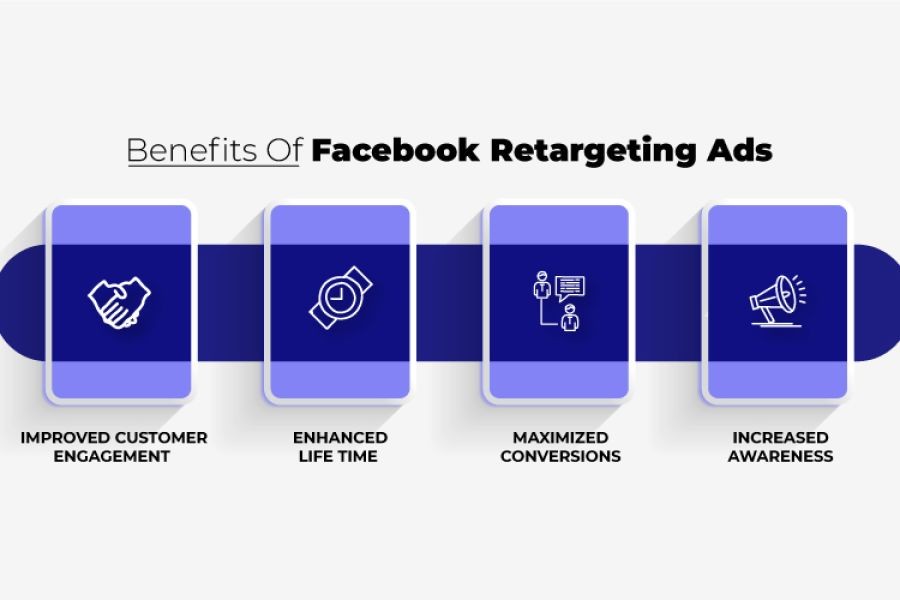
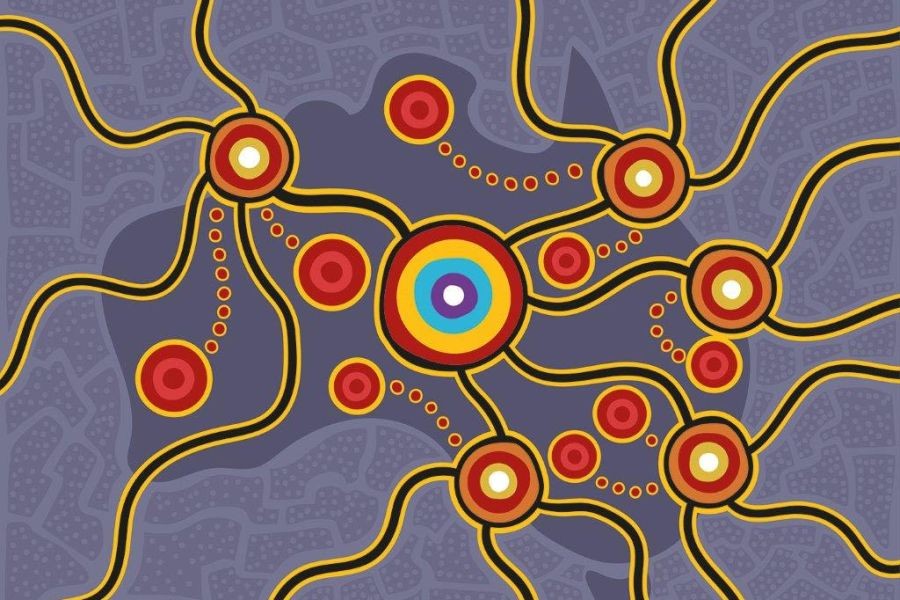

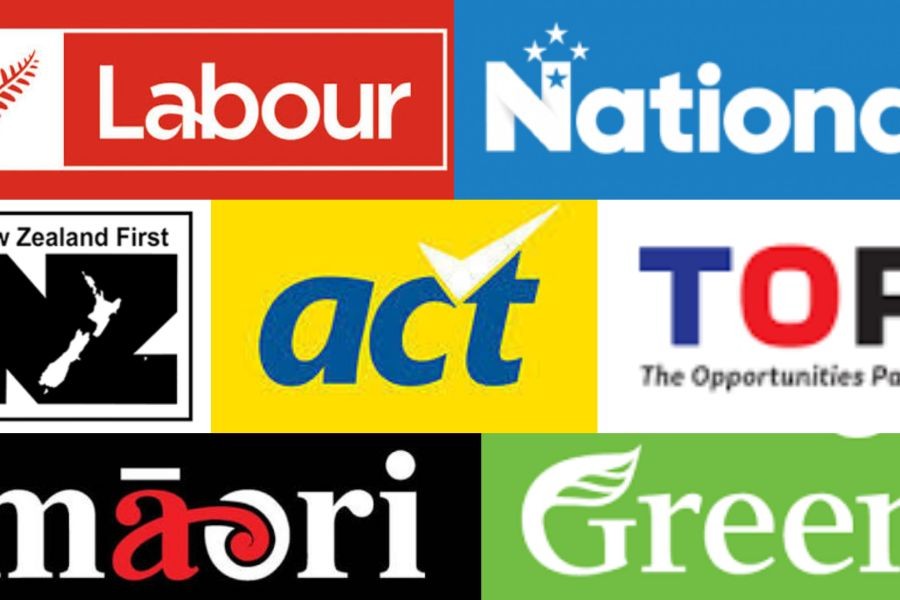
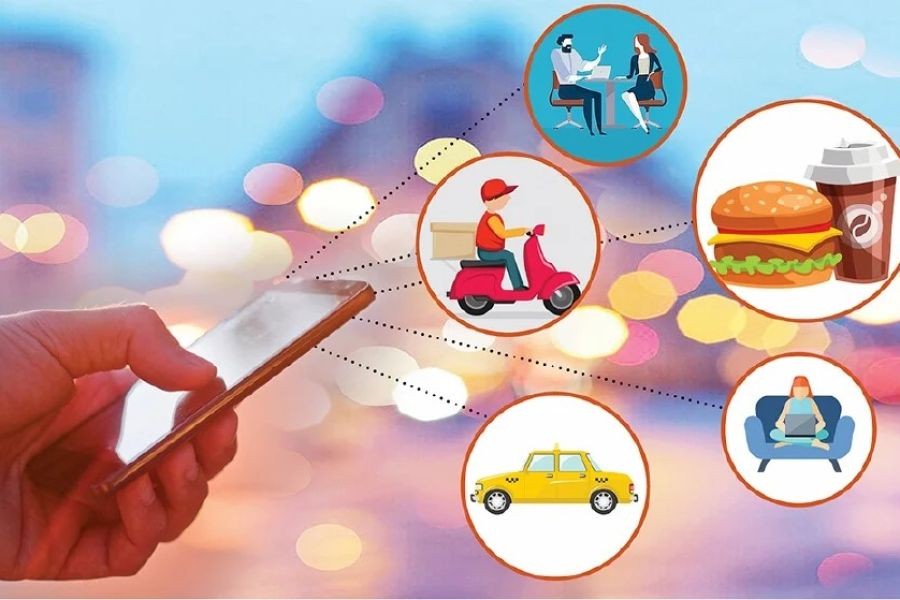



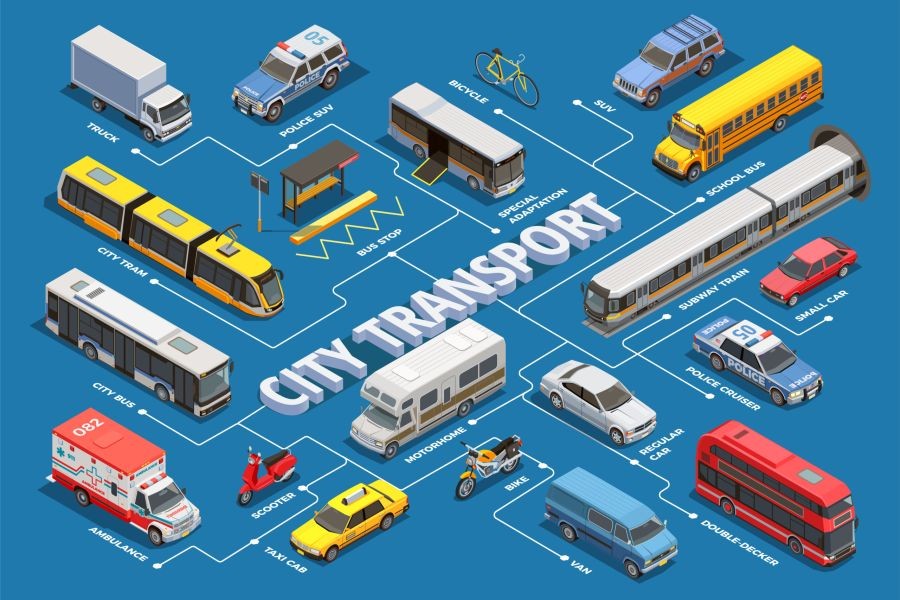



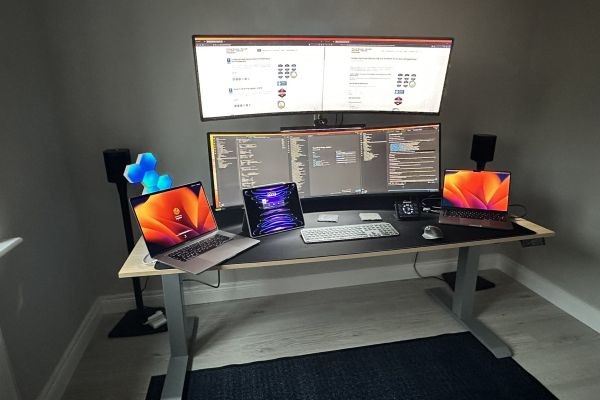







ArnulfoBec
18 days ago